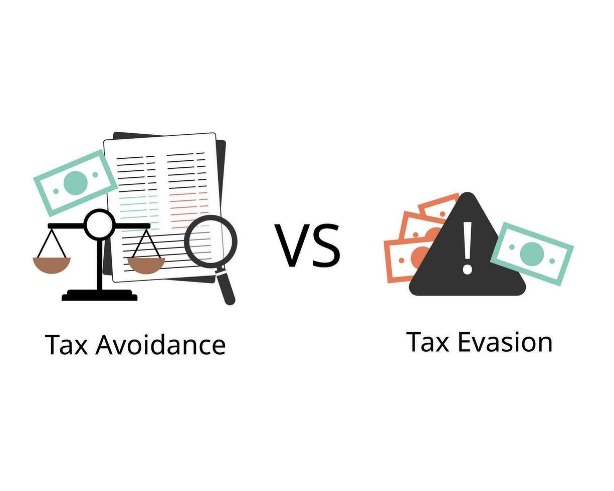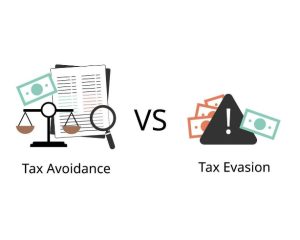
Tax Avoidance vs Tax Evasion
Life will inevitably involve taxes, but how you handle them can have serious financial and legal repercussions. Although the terms tax evasion and tax avoidance are frequently interchangeable, they are very distinct. While the latter is an unlawful act with dire repercussions, the first is a legitimate tactic to lower your tax burden. It is important to distinguish between tax avoidance vs tax evasion so that you may make wise decisions that safeguard your reputation and financial future, not merely to stay in compliance. In this article, we will break down these two concepts, highlight their key distinctions, and explain why it is critical to avoid crossing the line into unlawful territory.
Tax avoidance vs tax evasion: Explained
Tax Avoidance
Tax avoidance is the practice of a person, business, or organization using lawful means to lower their tax liability. Here, individuals can use lawful methods to maximize their income and lower their tax obligations. To avoid paying taxes, one must exploit the system’s flaws. It is not a crime to dodge taxes because these loopholes are legal. Spyglass accounting and financial service has gathered few examples for more clarification:
- Rising costs in order to earn money.
- The number of children has increased.
- To avoid inheritance tax, give your children your assets.
Tax Evasion
Tax evasion is the deliberate and unlawful attempt by people, businesses, or organizations to evade paying taxes imposed on them. It is a conscious attempt to get around the system in order to either pay less than what actual actually pay or not pay taxes at all. Here are few examples of tax evasion
- Unfairly claiming earnings, assets, or income.
- Making up records.
- Tax underpayment.
Implications of tax evasion
While tax avoidance is about working within the system, tax evasion is about breaking it, and the consequences can be severe. Understanding the nuances of tax avoidance vs tax evasion can help individuals and businesses make informed financial decisions while staying compliant with regulations. Following are the serious consequences of tax evasion
- The repercussions of tax avoidance
- Decreases government revenue.
- Influences the cooperation between the people and the government.
- Causes more people to avoid paying taxes.
- Reduces growth and causes economic instability.
- Penalties and jail time may result from it.
Legal Tax Planning Best Practices
Here are some pointers for moral and efficient tax management:
- Keep Up With It: Examine tax regulations on a regular basis to find out the credits and deductions you qualify for your business.
- Engage a Professional: You can stay compliant and develop techniques for legitimate tax avoidance with the assistance of a tax professional.
- Maintain Correct Records: Keep accurate records of all of your earnings, outlays, and deductions.
Tax avoidance is still permissible even when it lowers the amount of deductible tax. An individual can identify methods to lower the amount of tax that is payable from their income by using appropriate tax planning. You can maximize your financial efficiency and stay on sound legal ground by engaging in tax avoidance. Tax evasion involves breaching the law, with potentially dire repercussions, whereas tax avoidance involves operating inside it.
Conclusion
Legality and ethics are at the heart of the tax avoidance vs tax evasion controversy. Tax evasion goes beyond what is considered criminal action, whereas tax avoidance use lawful tactics to reduce liabilities. Knowing this difference gives you the ability to make wise, legal financial choices. Adopt tax evasion techniques now, and to guarantee complete compliance, always seek professional advice. . Consult tax professional today at Spyglass accounting and financial services to ensure you are leveraging legitimate tax avoidance strategies while staying fully compliant with the law. Keep your finances safe, stay informed, and stay in compliance!
For More Information Read: Blog 1
